As COVID-19 infections surge across the United States, a new and heavily mutated variant known as JN.1 has rapidly emerged as the dominant strain nationwide. This fast-spreading omicron subvariant now accounts for nearly half of all cases and is expected to continue fueling infections during the holiday season. The World Health Organization has classified JN.1 as a “variant of interest” due to its rapidly increasing spread globally.
JN.1 is closely related to a strain seen before, known as BA.2.86 or “Pirola,” which has been circulating in the U.S. since the summer. However, JN.1 has one additional mutation compared to BA.2.86, making it a cause for concern among scientists worldwide.
Here’s what you need to know about the JN.1 variant:
What is JN.1, the new COVID-19 variant?
- JN.1, part of the omicron family, was first reported in August 2023 and has spread to at least 41 countries.
- It descended from BA.2.86, a sublineage of omicron BA.2.
- Laboratory data suggest that Pirola (BA.2.86) is less contagious and immune-evasive than initially feared, but JN.1 has picked up an additional mutation in its spike protein called L455S, which may impact its immune escape properties.
- JN.1 is now considered the fastest-growing variant in the U.S., surpassing other strains, including its parental strain, BA.2.86 according to the U.S. Centers for Disease Control and Prevention.
Symptoms of JN.1
- While it remains unclear whether JN.1 exhibits distinct symptomatology compared to other variants, initial reports indicate that it shares common symptoms with previous variants. These symptoms include a sore throat, congestion, runny nose, cough, fatigue, headache, muscle aches, fever, or chills, as well as a loss of the sense of taste or smell, as stated by the CDC. The Office for National Statistics in the UK has also introduced two additional symptoms, namely difficulty sleeping and increased anxiety.
- The severity of symptoms usually depends more on a person’s underlying health and immunity than the specific variant.
Is JN.1 more transmissible?
- JN.1 appears to be highly contagious, and its rapid growth suggests it may be more transmissible or better at evading immune responses.
- It has a mutation affecting how the virus binds to cells in the respiratory tract, potentially enhancing its ability to replicate and evade immunity.
Will JN.1 Cause a Surge in COVID-19 Cases?
The increase in JN.1 cases has coincided with rising COVID-19 hospitalizations, the spread of influenza, and high RSV activity. While cases are on the rise, severe disease and hospitalizations have not seen a significant increase yet. The extent to which JN.1 may contribute to future increases remains uncertain.
Do COVID-19 Tests Detect JN.1?
All COVID-19 diagnostic tests, including rapid antigen tests and PCR tests, are expected to be effective at detecting JN.1, as well as other variants. Testing remains a crucial tool for early detection and treatment.
Does the New COVID Vaccine Protect Against JN.1?
The updated COVID-19 vaccines, while targeting omicron XBB.1.5, are expected to increase protection against JN.1 and other variants according to the CDC. The vaccines also offer protection against severe disease, hospitalization, and death.
How to protect yourself from JN.1?
To protect yourself and others from COVID-19 and other respiratory viruses, it is essential to adopt specific precautions, especially during respiratory virus seasons. Staying current with COVID-19 vaccines is crucial, as they offer a robust defense against the virus. In case you experience any symptoms that could be related to COVID-19, it’s imperative to promptly get tested to confirm your status. If the test results are positive, isolating yourself is essential to prevent further transmission.
Moreover, it’s advisable to avoid close contact with individuals who exhibit visible signs of illness to reduce the risk of exposure. Ensuring proper ventilation in indoor spaces is another effective way to disperse potentially infectious particles. In crowded indoor settings, wearing a mask provides an extra layer of protection. Lastly, practicing good hand hygiene by frequently washing your hands with soap and water remains a fundamental preventive measure.
In the context of workplace hygiene and COVID-19 prevention, it’s worth highlighting the services provided by Jani-King as an exemplary example of professional commercial cleaning solutions tailored to mitigate virus transmission. Jani-King’s commitment to maintaining a clean and safe environment in commercial spaces plays a pivotal role in reducing the risk of virus spread within workplaces. Their expertise in disinfection, sanitation, and maintaining high cleanliness standards is vital in safeguarding employees, customers, and the broader community. By partnering with Jani-King or similar professional cleaning services, businesses can contribute significantly to the prevention of COVID-19 and other respiratory viruses while ensuring a safe and healthy work environment for all.
How Jani-King Can Keep Your Workplace Safe?
Jani-King specializes in professional disinfection and deep cleaning services, ensuring your workplace remains clean and safe. Our experienced teams use state-of-the-art equipment and effective disinfectants to eliminate pathogens, including COVID-19 variants like JN.1. Regular cleaning and disinfection routines can help mitigate the risk of virus transmission among employees and visitors. By partnering with Jani-King, you can create a safer environment for your employees and customers, instilling confidence, and peace of mind.
The JN.1 variant is a cause for concern, but with proper precautions and the support of Jani-King’s cleaning and disinfection services, your business can take proactive steps to maintain a safe and healthy workplace during these challenging times. Protect your workforce and customers by staying informed and investing in thorough cleaning and disinfection practices.










